Sustaining and stewarding a school's culture through generations is the responsibility of each of us. Wednesday's inservice day for faculty took a non-traditional approach to professional development. There was no discussion of curriculum mapping, professional goals, or strategic initiatives that will drive Proctor forward in the most competitive boarding school market any of us have ever seen. Instead, we talked about our personal lives in small “life groups” of 8-10 colleagues.
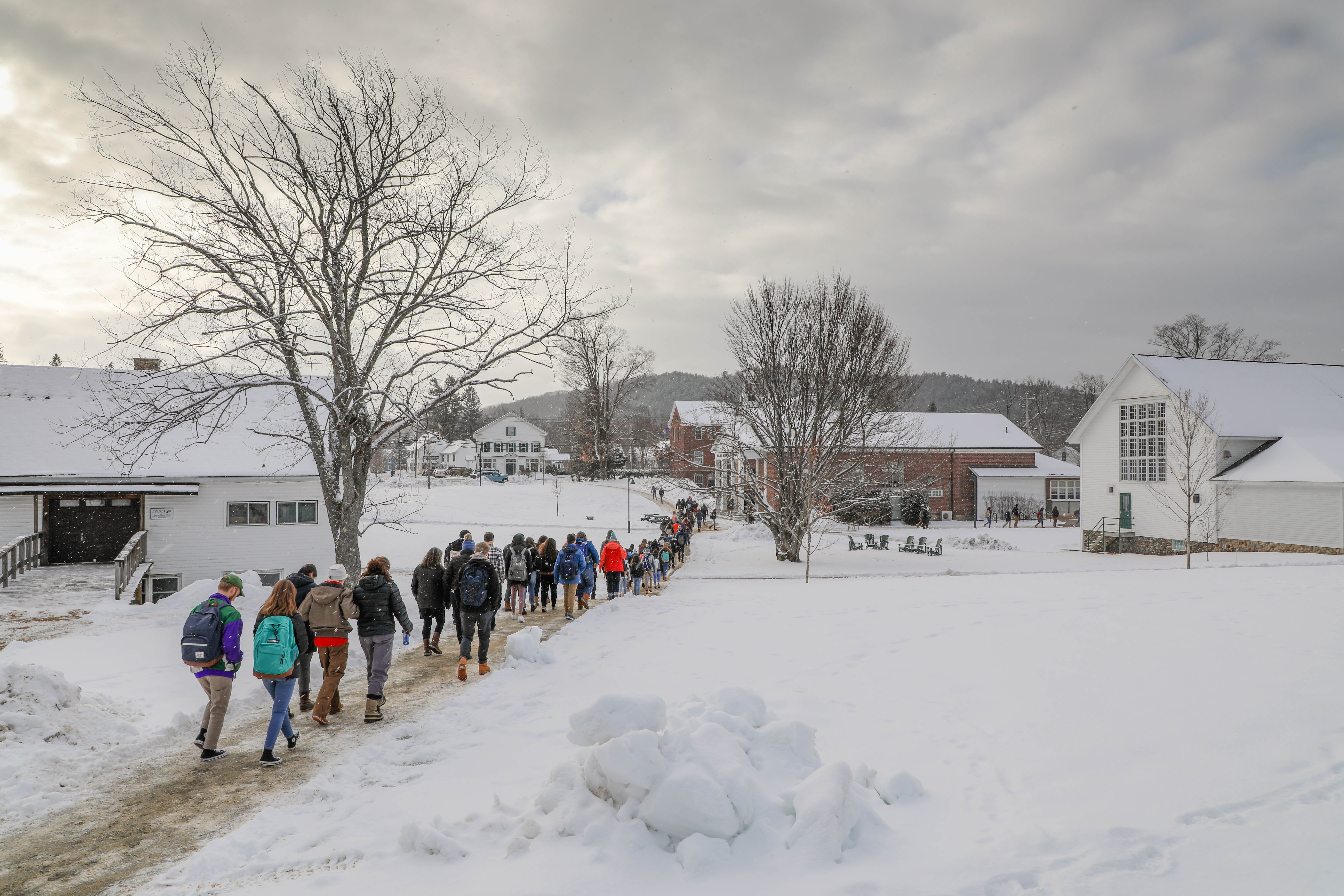
Each stage of life feels complicated. Our students know how tough their lives feel at times, and we believe it is important they see open, honest adults surrounding them. Adults who wrestle with and celebrate all aspects of life. Our young faculty group shared they always look ahead to the next milestone of life with anticipation, thinking maybe life will get easier once they get married or find a partner, start a family, buy a piece of property. We all know life does not get less complicated with age, we never ‘arrive’ at our life’s destination. It is a journey, which is why taking intentional time to reflect on the common good, bad, and ugly in our own lives not only reinforces our bonds of friendship with our colleagues, but offers a powerful reassurance we are not in this alone.
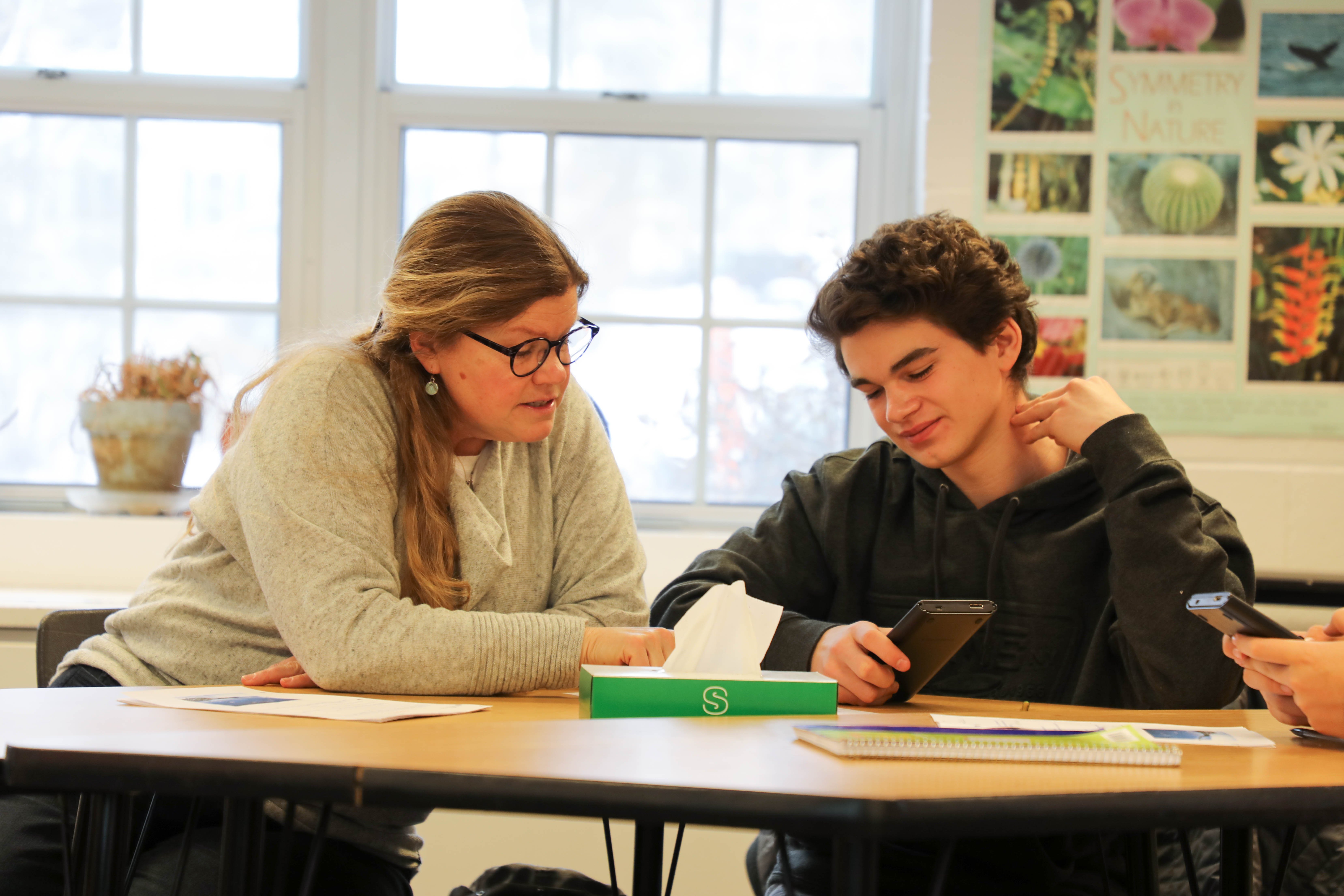
“I am painfully aware of the times in my own teaching when I lose touch with my inner teacher, and therefore with my own authority… Authority comes as I reclaim my identity and integrity, remembering my selfhood and my sense of vocation. Then teaching can come from the depths of my own truth – and the truth that is within my students has a chance to respond in kind.”
Parker Palmer The Heart of a Teacher
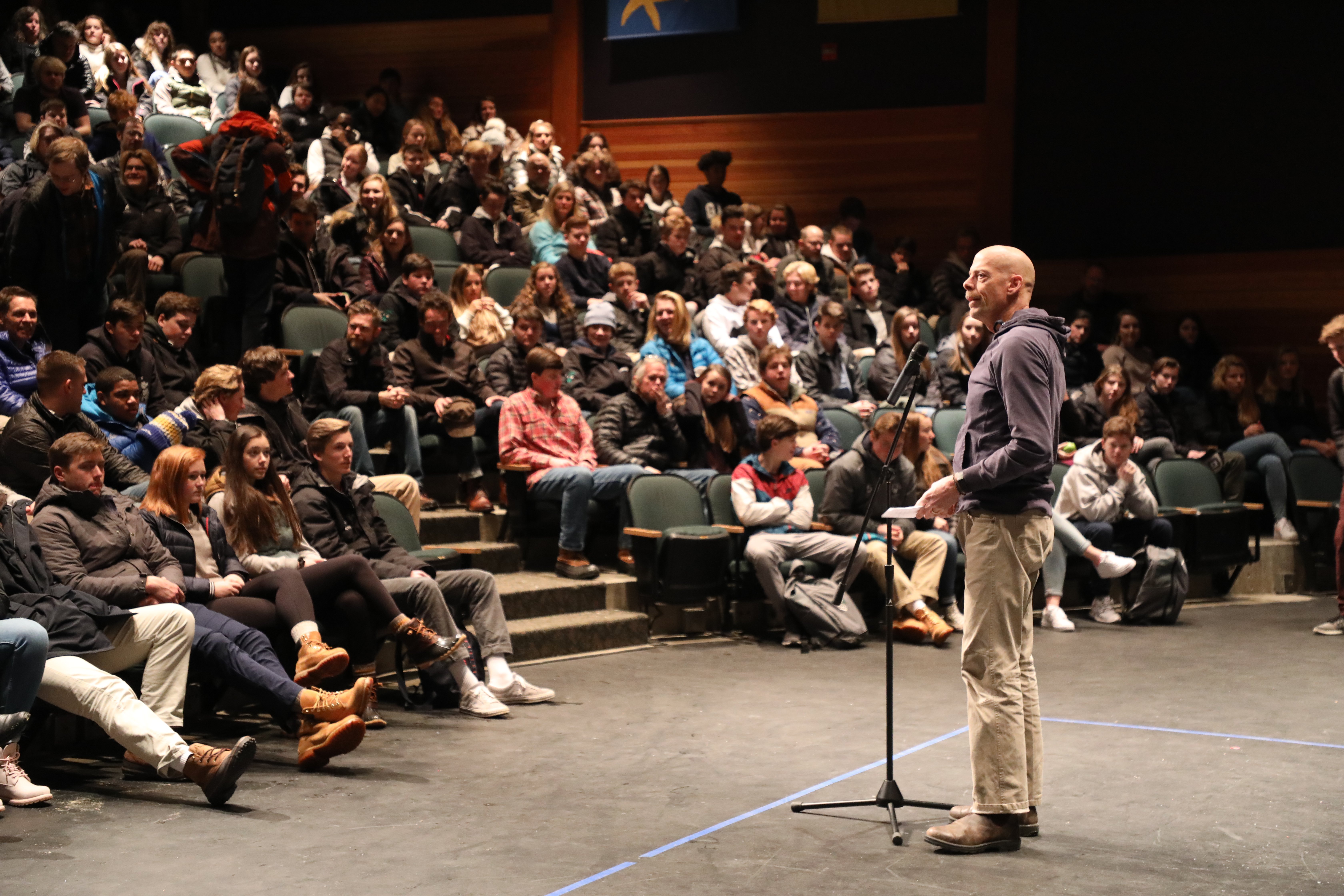
The brainchild of longtime faculty members Patty Pond, Karl Methven, and the late Dave Pilla during a TLG conversation last spring, splitting into life groups for an extended morning of non-professional, but oh-so-important conversation served as the perfect launching point for the new year. Regardless of whether the group of faculty were millennials discussing the benefits and challenges of their first job at boarding school, 40-somethings pondering how to balance their own families with the immersive demands of working at Proctor, or veterans of more than 35 years in boarding schools talking about what has kept them fired up about teaching at Proctor for so long (and the uncertainty of their approaching retirement), the themes that emerged were remarkably consistent.


As each age-group shared their advice for other groups, individual threads of conversation wove together the experiences of faculty more than forty years apart in age into a shared understanding of why we are so committed to working at Proctor and to nurturing the culture those before us helped build. For anyone considering a career at Proctor (or in any boarding school for that matter), our faculty offer the following pieces of advice:
- The stewardship of Proctor’s school culture is EACH of our responsibility regardless of our age, experience, or role at the school.
- Carving out time for self care (exercise, meditation, yoga, etc.) within the daily busyness of the school year is absolutely critical to doing our best work with our students. We must never, ever feel guilty about taking care of ourselves.
- Having an identity, hobby, passion, or endeavor outside of Proctor is not only healthy, but critical to staying fresh and energized as a boarding school educator.
- Because none of us are in this business to get rich, regularly scheduled time to manage finances and establish financial discipline should be required of everyone.
- The friendships of our colleagues sustain us through good times and bad. Invest deeply in these friendships.
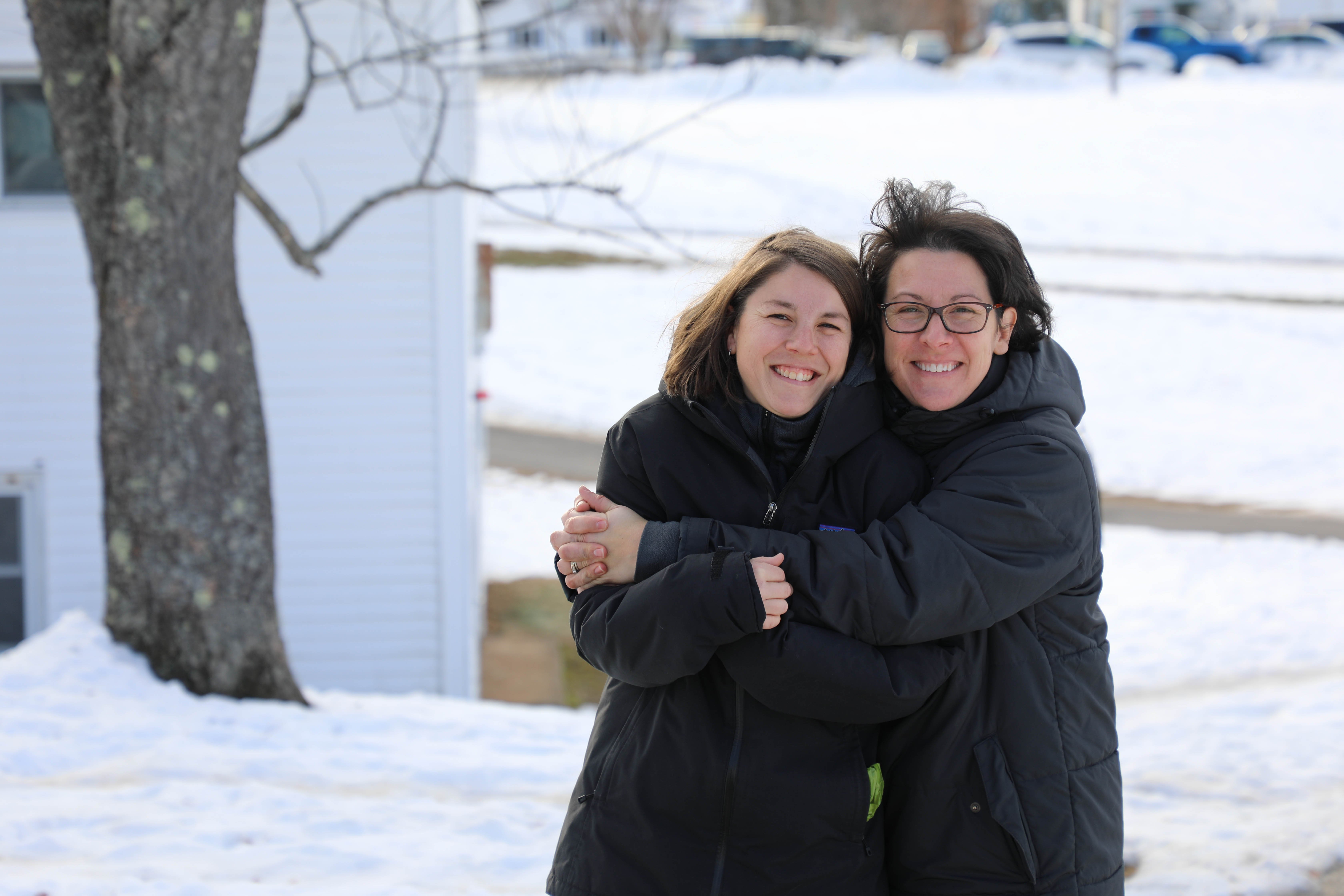
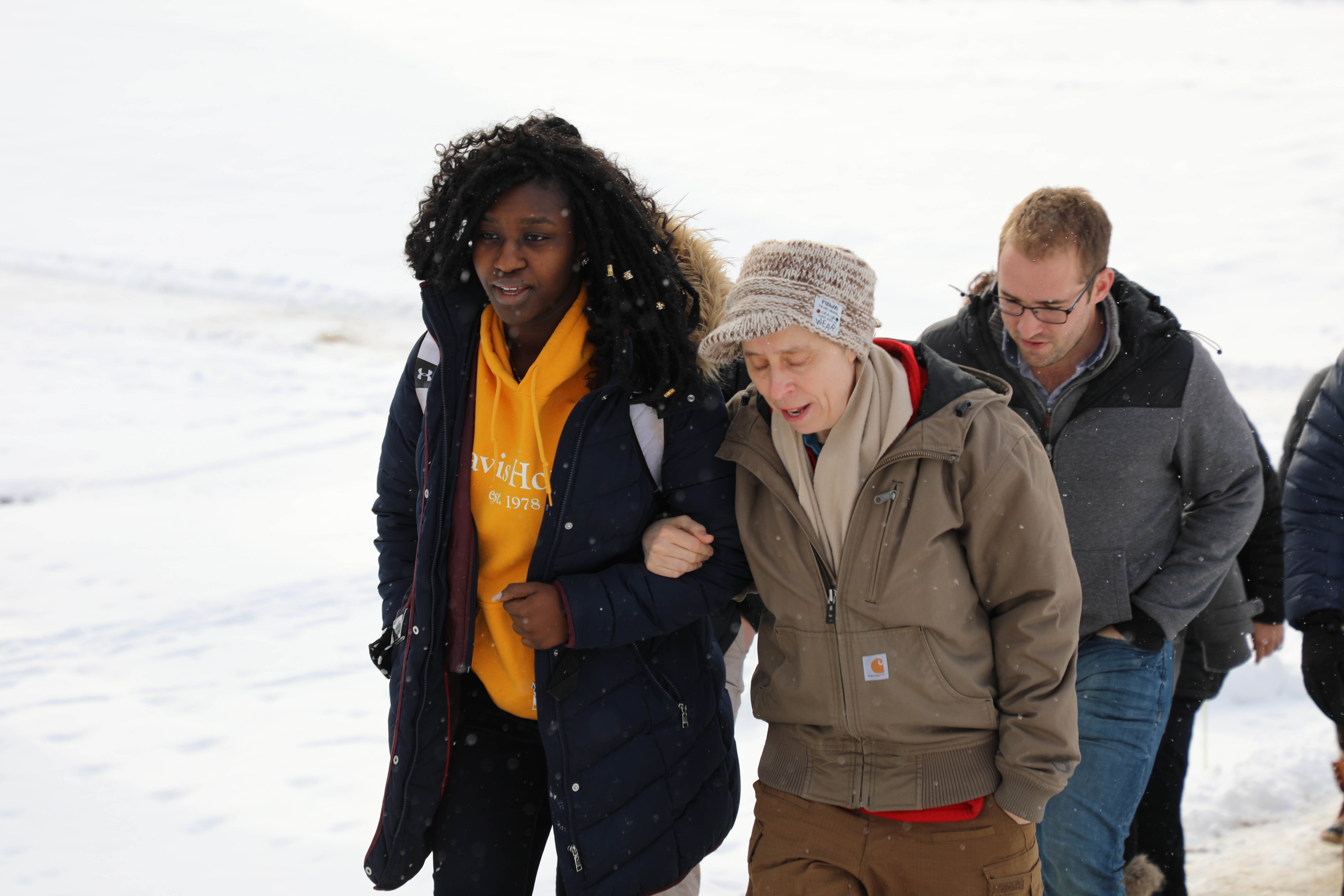
Our work as boarding school educators amplifies the need to seek perspective and balance. There is no time clock to punch, no illusion of leaving the stresses of work at the office. Our home is our work and our work is our home, and we wouldn't have it any other way. This beautiful existence of a lifestyle vocation requires all of us, and in turn, we must always be conscious of how we care for ourself so that we may continue to pour into our students.









